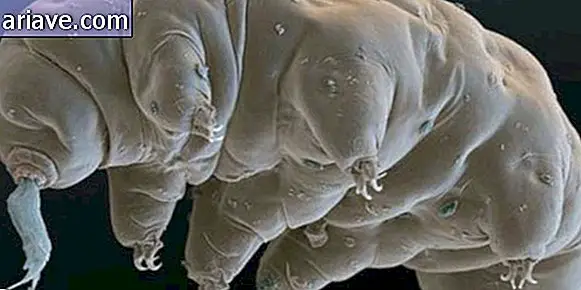Parasite can make mice no longer afraid of cats
One of the most normal things in this world is that mice are afraid of cats and that cats are not best dog friends - and so on. Recent research seems to have uncovered a rather curious way to stop rats from feeling intimidated by cats.
The parasite Toxoplasma gondii, responsible for the disease known as toxoplasmosis, seems to have a fear repellent effect on rats. Protozoan appears to cause this change in animals after infecting them, sometimes through the production of brain cysts.
The study, which was published a few days ago in the journal Plos One, also suggested that some cases had the same effects without the need for infection or cyst formation. The research also reported that changes occurred with weakened forms of variants of this protozoan found in North America.
Utility

Wendy Ingram, who led the study, said in a statement published on the Live Science portal that even when the infection is completely eliminated, behavioral changes persist. According to Ingram, these studies can be very useful to the medical field that works with infectology.
Ingram is still unsure how a short, noninvasive infection can cause permanent behavioral changes, but the scientist believes the parasite can disrupt the brain region responsible for odor recognition, preventing mice from detecting cat odor and activating the centers. responsible for fear. Another possibility is that the parasite can completely change some memory and learning cells directly in the mouse brain.
Tactic?

Toxoplasma gondii is found worldwide and has the ability to infect different species, including mammals and humans. The protozoan, however, only reproduces within the bodies of cats and rats.
After infection, in addition to the absence of fear, rats have also been shown to be sexually attracted to the smell of cat urine, making them feel more like attacking these mice, and since they - the mice - would be infected, being eaten by cats, protozoa eggs would find their favorite place to grow. Coincidence or survival tactic?
This parasite is often found in the brains of humans, and statistics point to the presence of one in three people. Toxoplasma gondii infection is also related to several cases of suicide.











